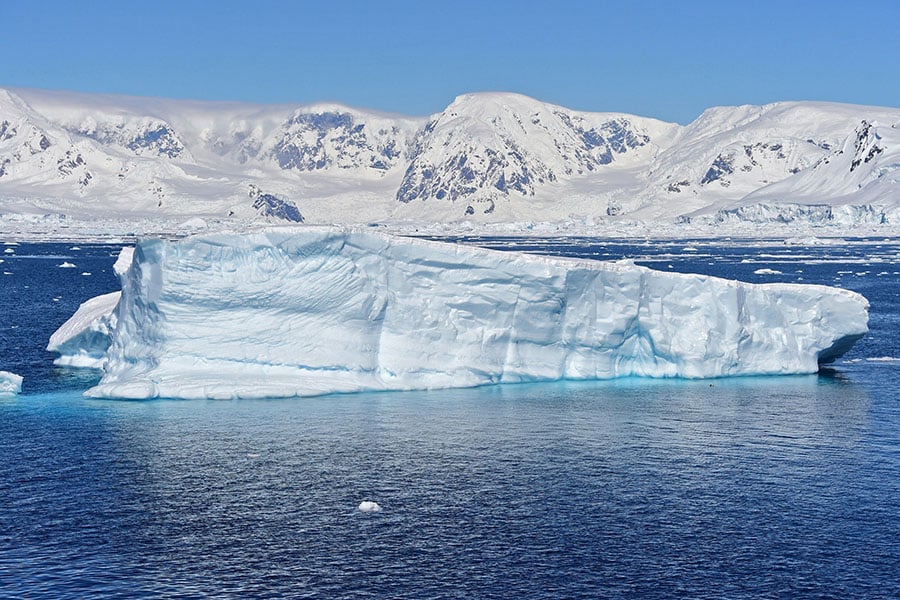
These are some of the most urgent issues for the planet in 2024, according to scientists
Every year since 2009, an international team of researchers known as the Cambridge Conservation Initiative (CCI) has come together to determine what will have the greatest impact on the planet over the coming year, whether in terms of global warming, greenhouse gas emissions or biodiversity preservation
 According to the 15th annual analysis by the Cambridge Conservation Initiative, major issues for the planet to watch out for in 2024 include everything from melting ice sheets and the production of hydrogen from seawater to the disappearance of sea urchins and earthworms. Image: Johan Ordonez / AFP
According to the 15th annual analysis by the Cambridge Conservation Initiative, major issues for the planet to watch out for in 2024 include everything from melting ice sheets and the production of hydrogen from seawater to the disappearance of sea urchins and earthworms. Image: Johan Ordonez / AFP
According to the 15th annual analysis by the Cambridge Conservation Initiative, the most pressing issues across the planet to watch out for in 2024 range from melting ice sheets and the production of hydrogen from seawater to the disappearance of sea urchins and earthworms.
Every year since 2009, an international team of researchers known as the Cambridge Conservation Initiative (CCI) has come together to determine what will have the greatest impact on the planet over the coming year, whether in terms of global warming, greenhouse gas emissions or biodiversity preservation. This year, 31 scientists, practitioners and decision-makers drew up an initial list of 96 environmental issues, which they then narrowed down to 15 to highlight the most pressing and impactful.
Melting ice sheets top the list of threats to ecosystems, says the report, published in the journal Trends in Evolution & Ecology. "Recent studies suggest that reductions in water density caused by increased melting in the Antarctic and reduction in the concentration of salts may reduce abyssal overturning by 40% by 2050. These changes reduce the ability of the ocean to absorb carbon dioxide," the scientists of CCI outline.
The report's authors are also concerned about the massive decline of certain species, in particular sea urchin die-offs in the Caribbean and Mediterranean observed in 2022, which have "have highlighted potential ecosystem shifts in some of the most diverse seas across the world." In the Caribbean long-spined sea urchin (Diadema antillarum), mortality reached up to 99%, a rate similar to the mass extinction of this species in 1983 and 1984, which led to the coral reefs being overwhelmed by algal blooms, notes the study.
Also read: India at CoP28: Promises and perils in the way of climate action







